First Responders
Long hours, high stakes, traumatic events, life-threatening situations—the stressors of the work can take a toll on first responders. Helping others requires strength and bravery, and a “get the job done” mentality. These traits though can also lead to stigma around behavioral health challenges. Working through COVID-19 has also increased behavioral health challenges like depression, anxiety, PTSD, substance use disorders, and suicide among first responders. Find help from those who understand what it’s like. Scroll for more.
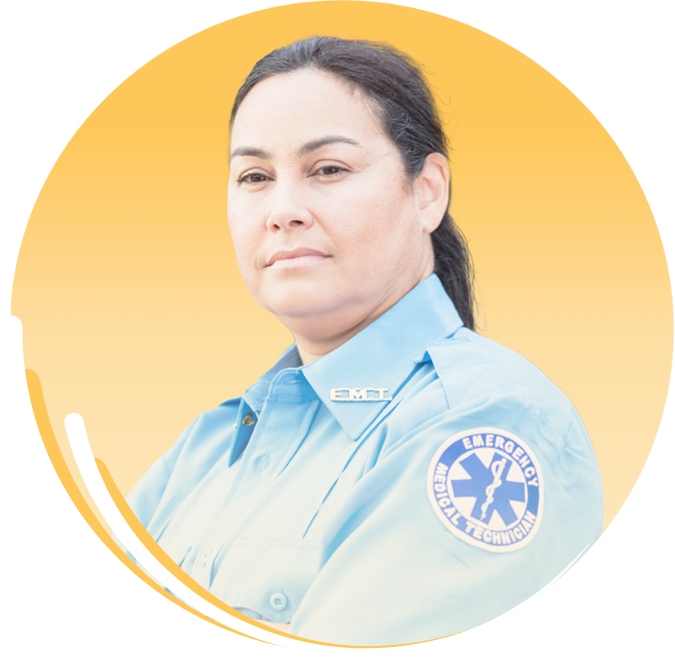

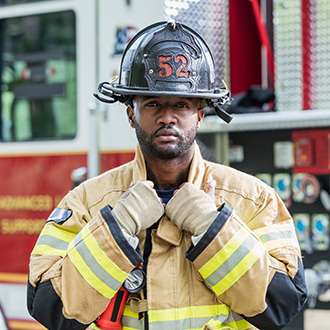
Depression, substance use disorder, PTSD, and suicidal ideation are all more common among first responders.
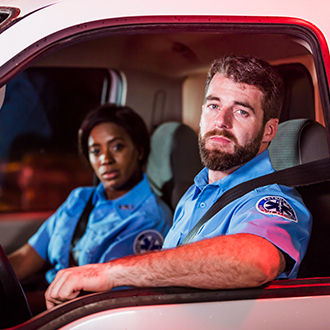
85% of first responders have shown signs of behavioral health challenges.22
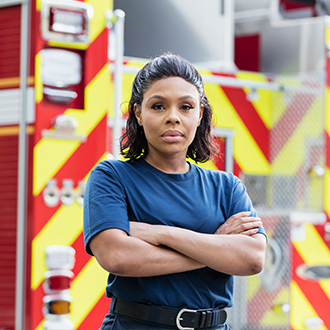
Depression and PTSD are 5 times more common among first responders.21
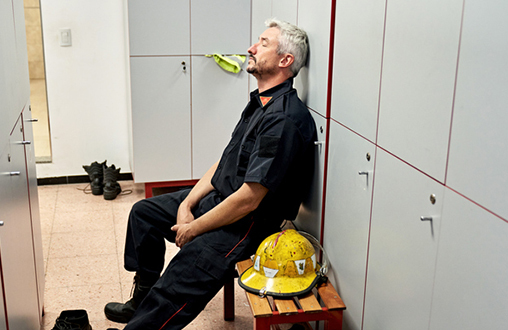
7 out 10 first responders said they would be open to behavioral health support if their leaders were open about their own experiences.23
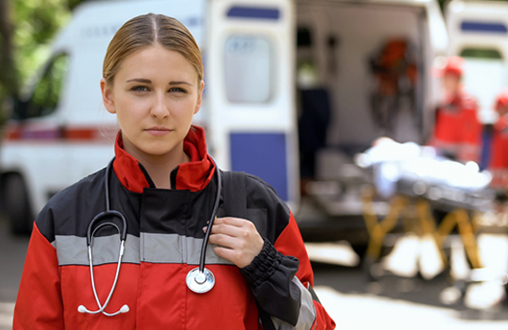
8 out 10 said they’d be more open about their challenges if their fellow first responders were open.24
Resources That Help
& Substance Use Disorders




